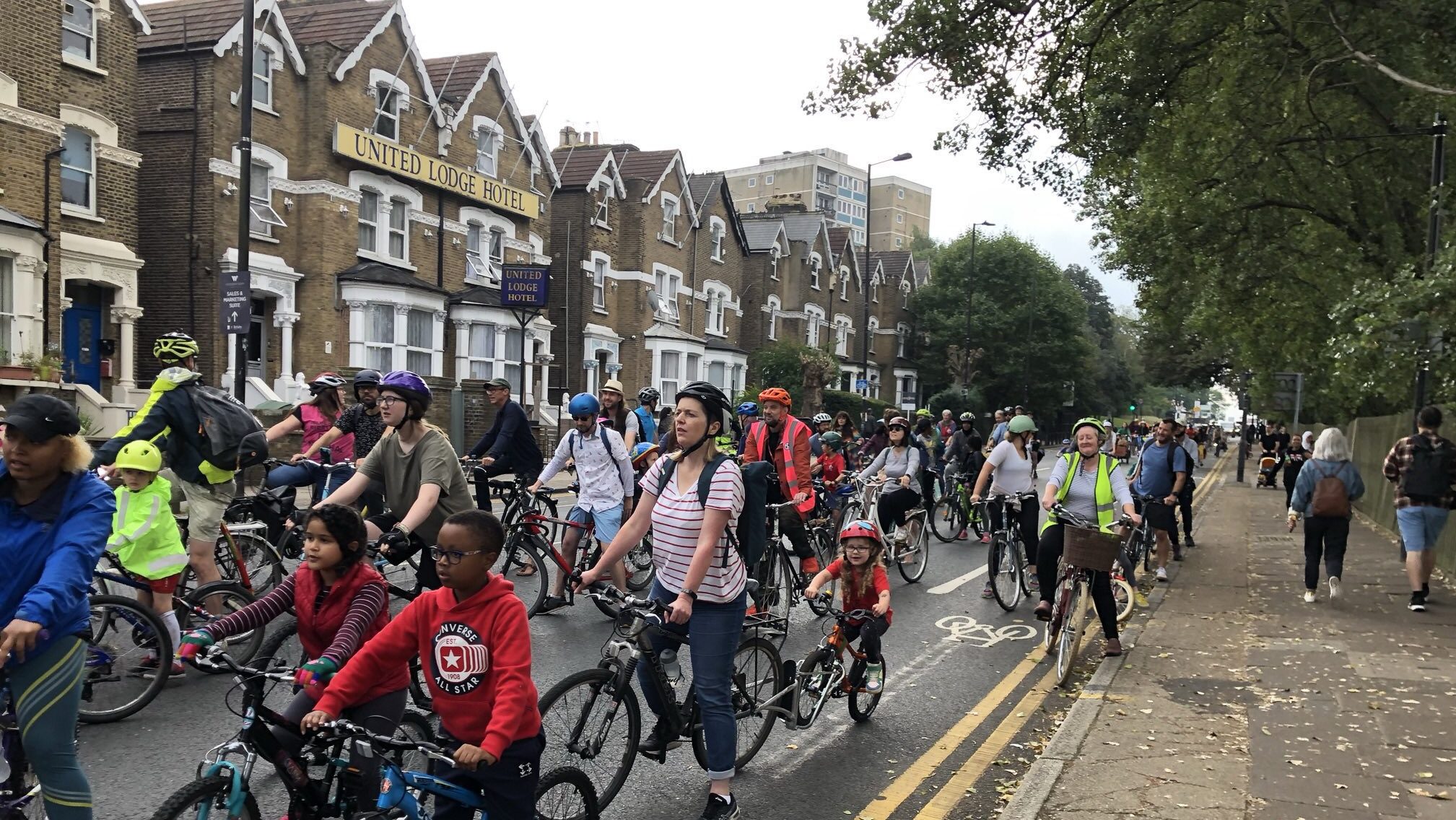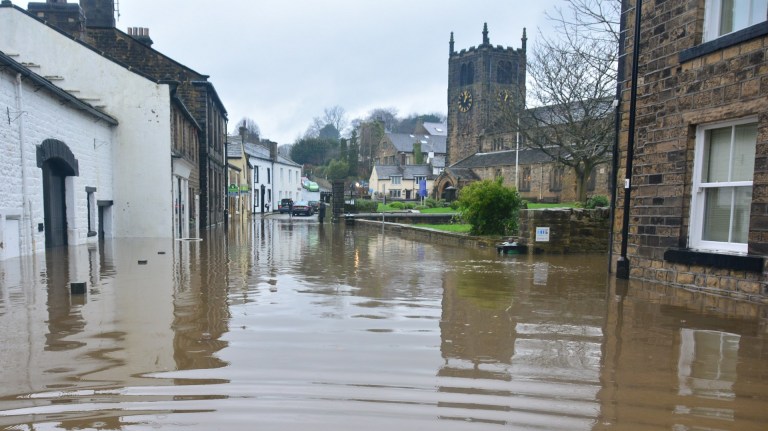The study found that introducing LTNs reduced average traffic by 13.4 per cent on boundary roads, and by 58.2 per cent within LTNs.
It compared the “difference in differences” to compare how different areas had changed, and account for trends – like Covid – that would affect all three.
The LTNs were put in place between July and September 2020. The team analysed data gathered from July 2019 to February 2021.
“Our study provides evidence that LTN implementation can reduce NO2 and traffic volumes both within LTN boundaries, and also on LTN boundary roads,” the authors wrote.
“Thus, in the LTNs and LTN periods studied here, there was no evidence of displacement of traffic leading to increased traffic volumes and air pollution on the roads surrounding them.”
Get the latest news and insight into how the Big Issue magazine is made by signing up for the Inside Big Issue newsletter
However, the authors admitted the study was limited by a low number of observation points, and the potential for interference from building works or street geometry.
Co-author, Imperial College London PhD student Helen Yang added: “This is the first study to use a robust statistical approach to show the impact of LTNs on surrounding areas, and the results are really encouraging. We worked with a relatively small data set and further research is now needed to confirm these findings at a larger scale.”
Despite 97 per cent of UK addresses being in areas with unsafe air pollution, the introduction of LTNs has been controversial. Candidates ran in May’s local elections on an anti-LTN platform, though they fell short, with The Big Issue finding just a handful managed to pick up seats.
In Haringey, the borough neighbouring the low traffic neighbourhoods in the study, a full council meeting was this week called off after disruption from anti-LTN protesters, which saw locals march through the borough’s streets.
The anti-LTN groups say the measures are causing more traffic on boundary roads, and harming footfall at local businesses because of the loss of parking spaces. One local at the protest told The Sun: “It’s causing more traffic, more pollution with people stopping and stalling – it’s also killing local businesses and hurting residents.”
However, the findings of the study were greeted by a pro-LTN group in the borough.
“We live in a borough where the majority of residents don’t have access to a car yet our streets have been blighted by high levels of through traffic,” Catherine Kenyon, co-chair of Haringey Living Streets told the Big Issue.
“The new LTN schemes are a big change for some and it will take time to adjust. But this report highlights that these schemes work, and they will play an important role in creating healthier streets in our community.”
The Big issue’s #BigFutures campaign is calling for investment in decent and affordable housing, ending the low wage economy, and millions of green jobs. The last 10 years of austerity and cuts to public services have failed to deliver better living standards for people in this country. Sign the open letter and demand a better future.









